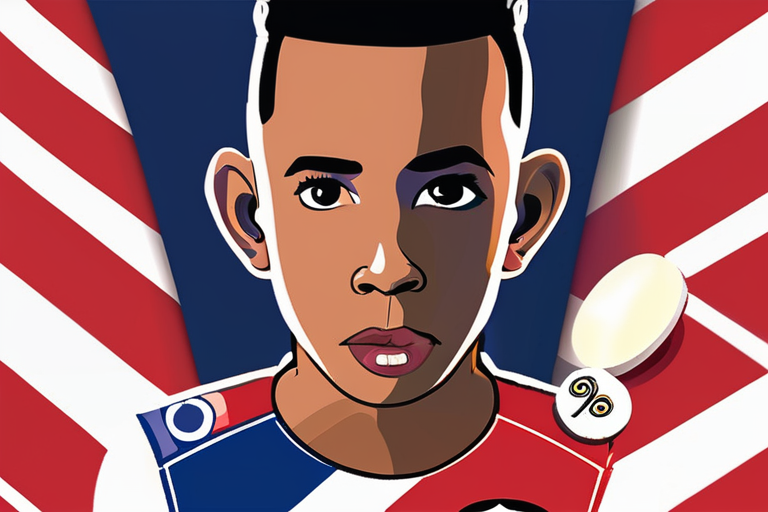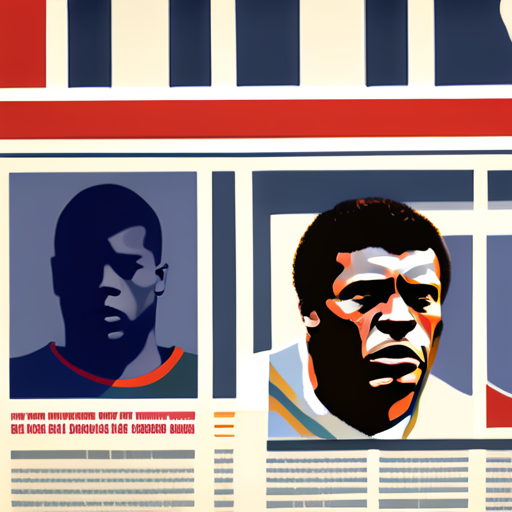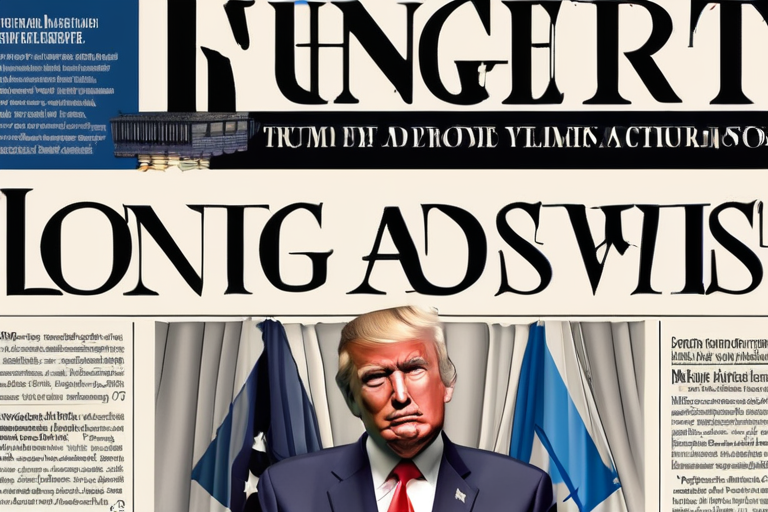The Red Flag: How UK Gambling Ads Featuring Lewis Hamilton and Chelsea Logo Were Banned Over Concerns of Influencing Children
In the world of high-stakes betting, where fortunes are won and lost in a flash, the line between entertainment and exploitation is often blurred. But a recent crackdown by the UK's Advertising Standards Authority (ASA) has brought to light the worrying trend of using popular sports stars and logos to lure young fans into the world of gambling.
At the heart of this controversy are two betting companies, Kwiff and Betway, whose advertisements featuring Formula 1 racing driver Lewis Hamilton and the Chelsea football club logo have been banned. The ASA's decision has sparked a heated debate about the influence of celebrity endorsements on children and the responsibility of advertisers to protect vulnerable young minds.
The story begins with a complaint lodged by a researcher from the University of Bristol, who was concerned that Kwiff's social media post would likely appeal to under-18s. The post in question featured an image of Hamilton, accompanied by text highlighting his involvement in the British Grand Prix at Silverstone, along with the "18" symbol and the BeGambleAware.org logo.
But what might seem like a harmless promotion to some is actually a cleverly crafted marketing ploy designed to tap into the enthusiasm of young fans. By associating Hamilton's image with the excitement of Formula 1 racing, Kwiff was attempting to create a sense of FOMO (fear of missing out) among its target audience – children and teenagers who are naturally drawn to the thrill of competition.
The ASA's ruling is a wake-up call for advertisers, highlighting the need for greater transparency and accountability in their marketing strategies. "We have told Kwiff not to include any character who has a strong appeal to viewers under 18," said an ASA spokesperson. "This includes sports stars, cartoon characters, or other personalities that are likely to be popular among children."
But what about the role of Lewis Hamilton himself? Does he bear some responsibility for promoting betting companies to his young fans? When contacted by the BBC, Hamilton's team declined to comment on the matter.
Chelsea Football Club, too, has been criticized for its involvement in the scandal. The club's logo was used in Betway's YouTube advert, which featured football fans wearing Chelsea badges. "We are disappointed that our brand has been associated with this type of advertising," said a Chelsea spokesperson. "We will be reviewing our partnership agreements to ensure that they align with our values and commitment to responsible marketing."
As the debate rages on, it's clear that the ASA's decision is not just about banning specific advertisements but also about sparking a wider conversation about the impact of celebrity endorsements on children. In an era where social media influencers have become increasingly influential, it's time for advertisers to take responsibility for their actions and prioritize the well-being of young people.
The implications of this ruling are far-reaching, with potential consequences for the entire advertising industry. As one expert noted, "This decision sends a clear message that advertisers must be mindful of the impact of their marketing strategies on vulnerable groups, including children."
In conclusion, the banning of UK gambling ads featuring Lewis Hamilton and Chelsea logo is a timely reminder of the need for greater transparency and accountability in advertising. As we navigate the complex landscape of modern marketing, it's essential to prioritize the well-being of young people and ensure that our entertainment does not come at the cost of their exploitation.
Latest Developments:
The ASA has announced plans to review its guidelines on celebrity endorsements and children's advertising.
Kwiff and Betway have been warned by the ASA not to include any character who has a strong appeal to viewers under 18 in their future advertisements.
Lewis Hamilton's team has declined to comment on the matter, while Chelsea Football Club is reviewing its partnership agreements.
What do you think? Should advertisers be held accountable for promoting betting companies to children? Share your thoughts with us.
*Based on reporting by Bbc.*








